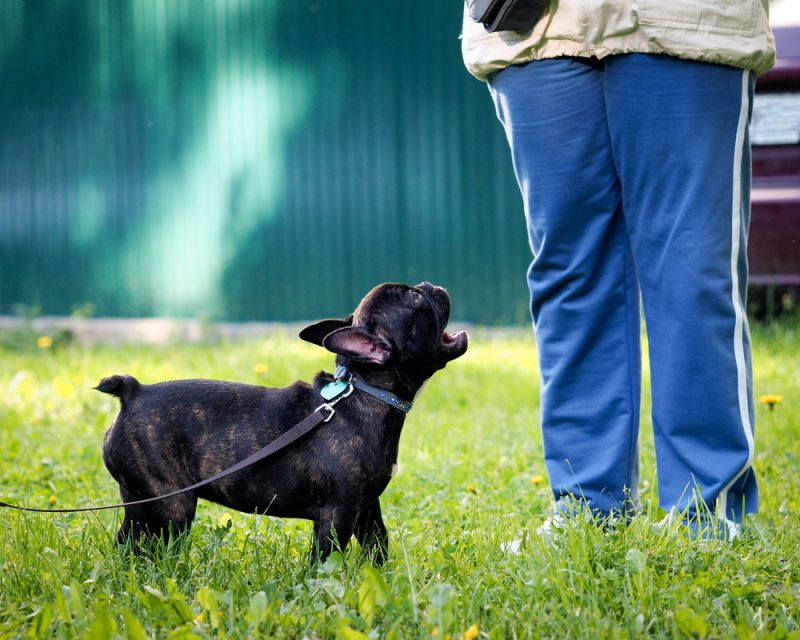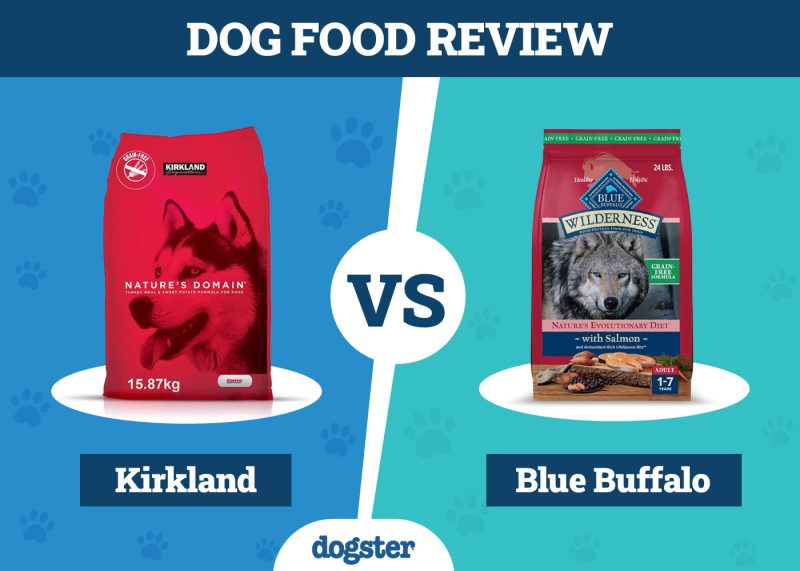In this article
Dogs can eat truffles in moderation, and they are not toxic to dogs. You shouldn’t serve truffles to your dog regularly, however. Doing so can lead to nutritional issues since truffles don’t contain all the nutrients dogs need. Furthermore, because many dogs aren’t used to consuming truffles, they can cause an upset stomach.
Black truffles (Tuber melanosporum) are said to have anti-inflammatory properties. They also contain many essential amino acids, vitamins, and minerals, making them a very nutritious fungus. However, they don’t contain everything your dog needs. Although rare, truffles can trigger food intolerances, and dogs with allergies to fungi or mushrooms shouldn’t consume truffles.

Benefits of Truffles for Dogs
Truffles are very expensive, and it’s unlikely you want to share your hard-earned truffles with your dog. However, if they sneak a bite, there may be some benefits for them. Keep in mind that not all proposed benefits are proven in dogs.

1. Protein
Truffles are surprisingly rich in protein. They contain several amino acids, which are the building blocks of proteins. Dogs must consume certain amino acids in their diet, as they cannot produce them inside their bodies. Truffles include some of these essential amino acids, such as methionine, making them a great source of protein (this is rare for a plant, as many contain only incomplete proteins).
Dogs typically consume all of the protein they need in their commercial diet, which the AAFCO requires to include a minimum amount. However, some dogs may benefit from extra protein if their veterinarian recommends it.
2. Antioxidants
Truffles also contain a high level of antioxidants. Antioxidants help prevent oxidation within cells, which can lead to countless diseases, including cancer and chronic inflammatory conditions. They also help reduce inflammation, which is beneficial. Therefore, antioxidants are often recommended for dogs, people, and practically any other animal. They work to keep dogs generally healthy.
3. Minerals
Truffles contain a range of minerals that may benefit your dog. Again, all commercial dog foods are required to have the minerals that are necessary for dogs. Canines cannot produce any minerals in their bodies. Some dogs may benefit from higher mineral levels than the minimum required in dog food.
Truffles contain a decent amount of manganese, copper, selenium, zinc, and phosphorus.


Downsides of Truffles for Dogs
Even though technically dogs can eat truffles as they aren’t toxic for them, there are still several potential downsides of truffles for dogs. Many of these are temporary and not serious. However, allergic reactions can occur with any food.
1. Allergic Reactions
Technically, dogs can have allergic reactions to anything. However, reactions to truffles are rare. Therefore, there isn’t anything to worry about in most cases. Luckily, most allergic reactions in dogs cause mild skin problems. Acute signs aren’t all that common, but chronic signs can occur with continued consumption. Dogs already allergic to fungi or mushrooms are most likely to experience allergic reactions to truffles.
2. Gastrointestinal Problems
Dogs may have stomach issues after consuming truffles, especially if they aren’t used to them. Dogs can experience diarrhea, as their body may struggle to digest the fungus. Stomach upset and other signs may occur, too. Usually, they won’t last more than 24 hours as the truffle moves through your dog’s system. If your dog has extended or severe symptoms, we recommend contacting your veterinarian.
If you need to speak with a vet but can't get to one, head over to PangoVet. It's our online service where you can talk to a vet online and get the advice you need for your pet — all at an affordable price!
3. Look-alikes
Truffles can be mistaken for other inedible mushrooms or fungi. For instance, they may look like black truffles but instead be false truffles which aren’t edible. They aren’t lethally poisonous, but they aren’t something you want your dog eating, either.
Therefore, we highly recommend confirming the truffle’s identity before feeding it to your canine. Don’t feed it to your dog unless you would eat it.


Conclusion
Dogs can have truffles, but they wouldn’t be considered a typical food for dogs. They’re expensive, so very few people will give them to their dogs. However, they have some slight health benefits and aren’t toxic. For instance, they’re surprisingly high in protein and contain several minerals your dog needs. They may also have minor anti-inflammatory properties and antioxidants, but there are cheaper products that have the same nutrients.
If your dog needs extra nutrients, a supplement or new dog food formula is often the easiest way. Also, berries are loaded with antioxidants and much more accessible than truffles. However, if your dog gets into your culinary supplies and eats a truffle, it is good to know they are not toxic to dogs.
See also:
- Can Dogs Eat Rutabagas? Vet Reviewed Facts & FAQ
- Mushrooms for Dogs With Cancer: What the Science Tells Us






















